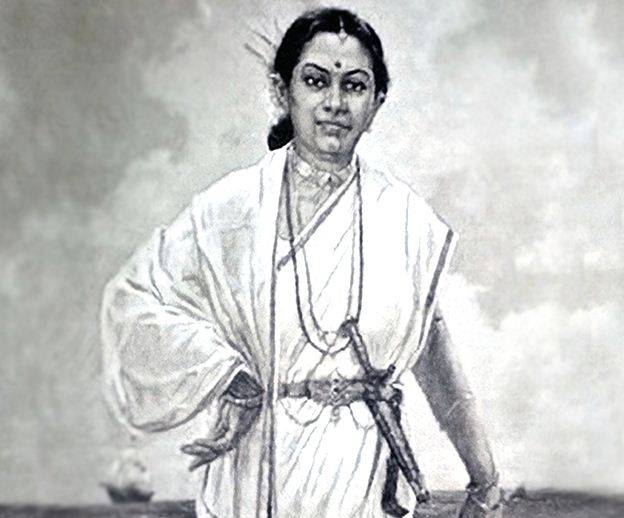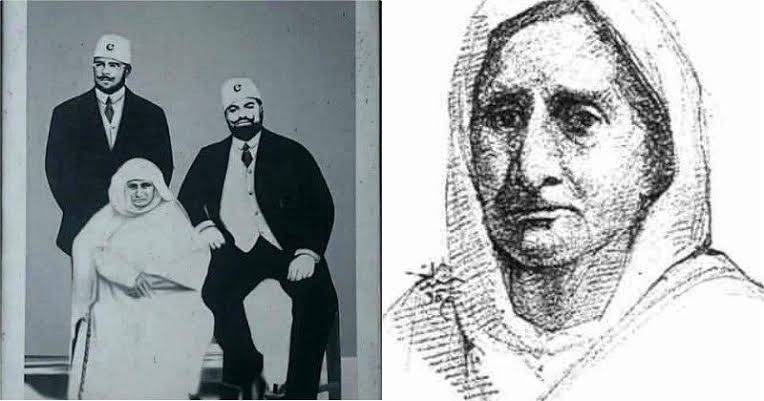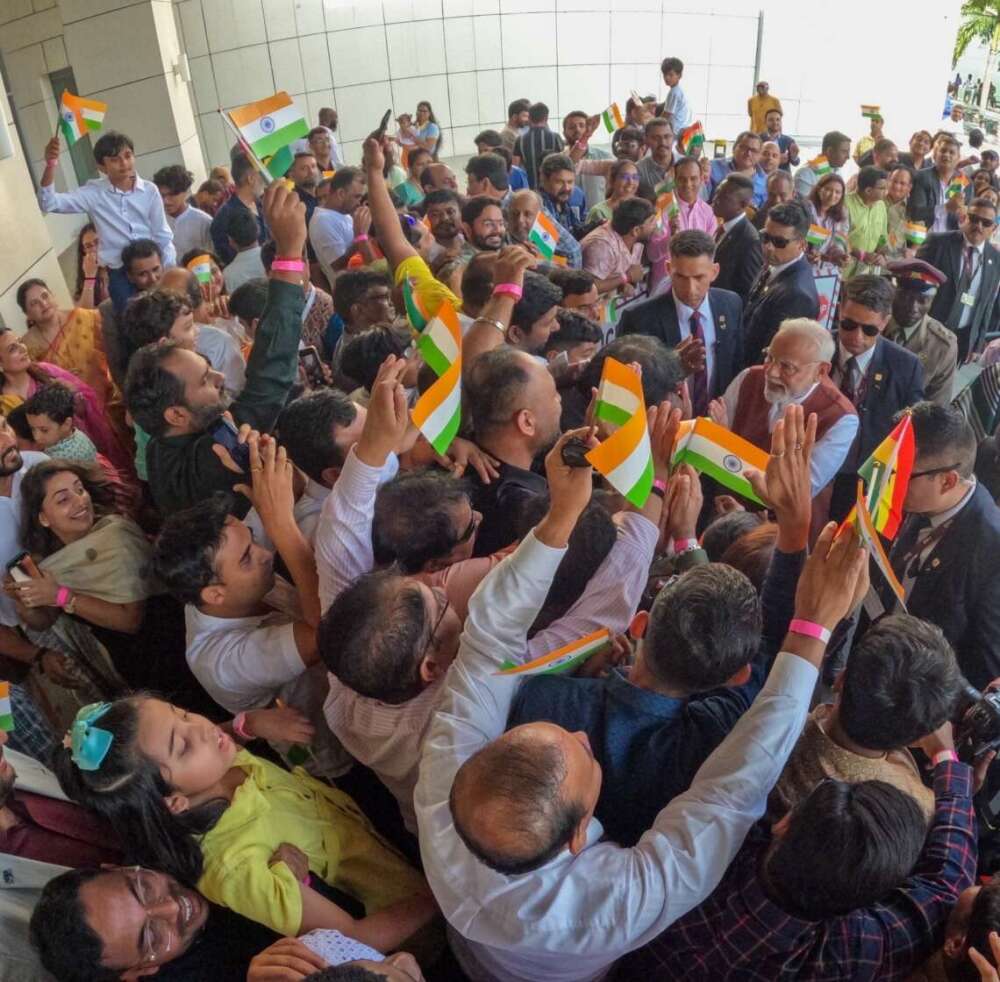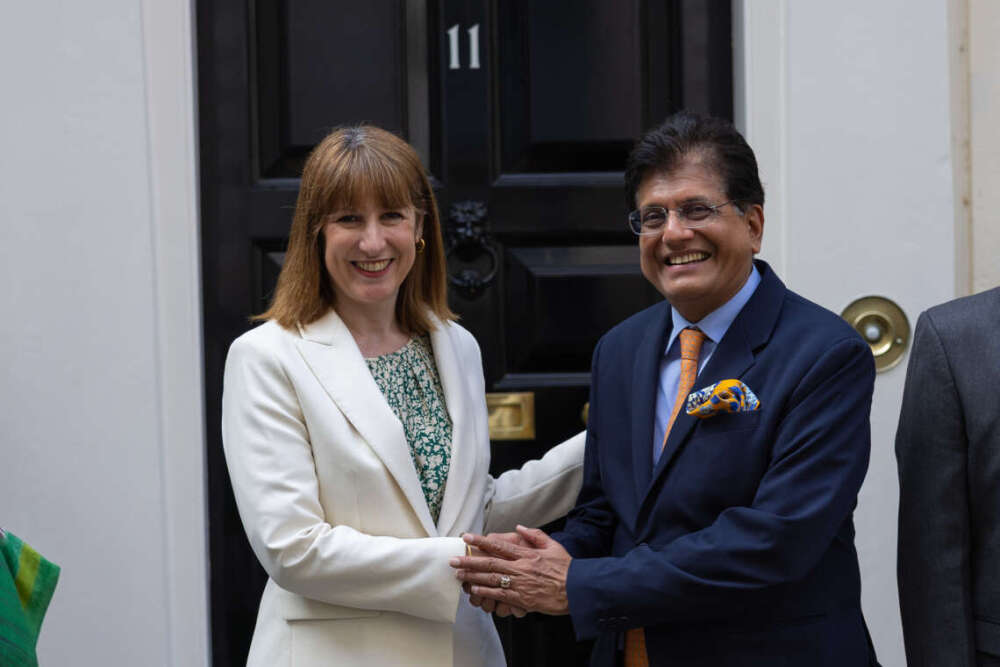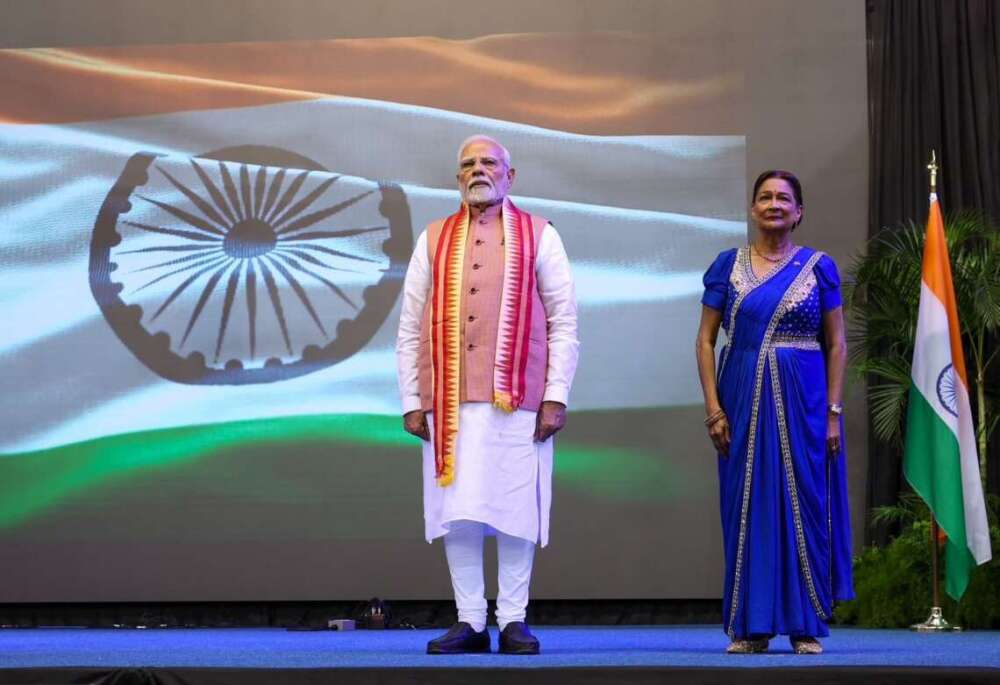Ullal port was a prosperous port and hub of the spice trade to the outer world and the Portuguese, Dutch and British had clearly set their eyes on it…reports Asian Lite News
Rani Abbakka, the great Tulu queen regarded as the first female freedom fighter of India, is not only known for her valour who repulsed the Portuguese army, but also her strength to unite people of different faiths against the armed forces of a foreign state.
The queen hails from Karnataka, which is, currently, communally divided. A region witnessing revenge killings among Hindus and Muslims, this state has a great lesson to learn from the legacy of Rani Abbakka, when Muslims and Hindus unitedly fought under her leadership against the Portuguese.
Rani Abbakka Chowta was the first Tuluva queen from Ullal province of the present Dakshina Kannada district. She represented the Chowta dynasty which ruled Tulu Nadu, comprising strategic regions of coastal Karnataka.
The Portuguese forces, after establishing their rule in Goa, turned their focus on capturing Mangaluru, Ullal ports. The brave Rani Abbakka, who left her husband and came back to her father, repulsed the Portuguese attacks for four decades, leading the army from the front.
She is regarded as one of the foremost woman warriors and bravest of the fighters. Historians say Rani Abbakka has not been given her due place in India’s as well as Karnataka’s history.
Abbakka’s uncle Tirumalaraya crowned her as the queen of Ullal. She married Lakshmappa Arasa Bangaraja II. However, the marriage did not last very long, as Rani Abbakka returned to Ullal.
Ullal port was a prosperous port and hub of the spice trade to the outer world and the Portuguese, Dutch and British had clearly set their eyes on it.
Knowing about the crouching foreign forces waiting for a chance to take over Ullal, the local chieftains united, forgetting their communal reservations.
Rani Abbakka gave equal representation to Hindus, Jains and Muslims. During her rule in the 16th century, the coastal region was an example of unity and integrity for the entire nation, as Hindus and Muslims stood shoulder to shoulder in every aspect.
When the Portuguese, unable to find traitors, came to know that Rani Abbakka’s estranged husband nursed a deep grudge against her, they launched attacks on Ullal from 1555 to 1568.
After Ullal was captured, Rani Abbakka took shelter in a mosque. She gathered an army and launched an attack on the Portuguese, in no time. Her army fought with valour and killed General Joao Peixoto after which the Portuguese had to retreat.
She forged an alliance with the Bijapur Sultan and the Calicut (Kerala) rulers. However, she was captured by the Portuguese army and sent to jail later.
Folklore has it that even in prison she revolted and died fighting. Her tale has been told through Yakshagana, the famous local art form of the region.
The Veera Rani Abbakka Utsava is held every year to commemorate her bravery and awards are given in her name. In 2003, the Indian postal department issued a special cover on Rani Abbakka. The bronze statues of the late queen are installed in Ullal and Bengaluru. The Indian Coast Guard Ship ICGS is named after Rani Abbakka.
Karnataka, which is presently in the news for Hindu-Muslim clashes, was once united and together repulsed attacks by foreign occupying forces.
The foreign enemies could not find internal enemies and destroy their local kingdoms as Hindus, Muslims and Jains were united. Patriots are still waiting for the day when people of different faiths will unite against the common enemy.


